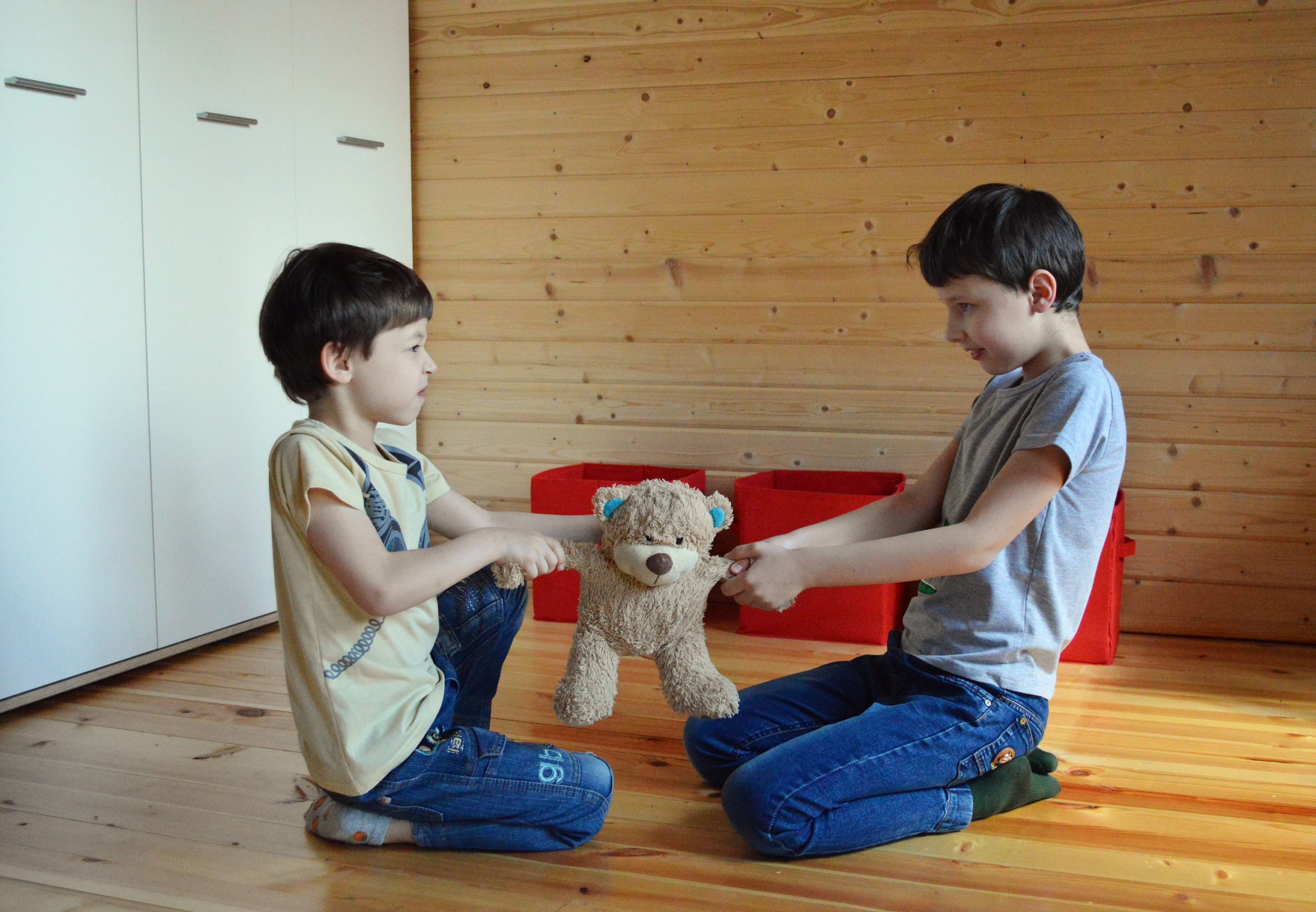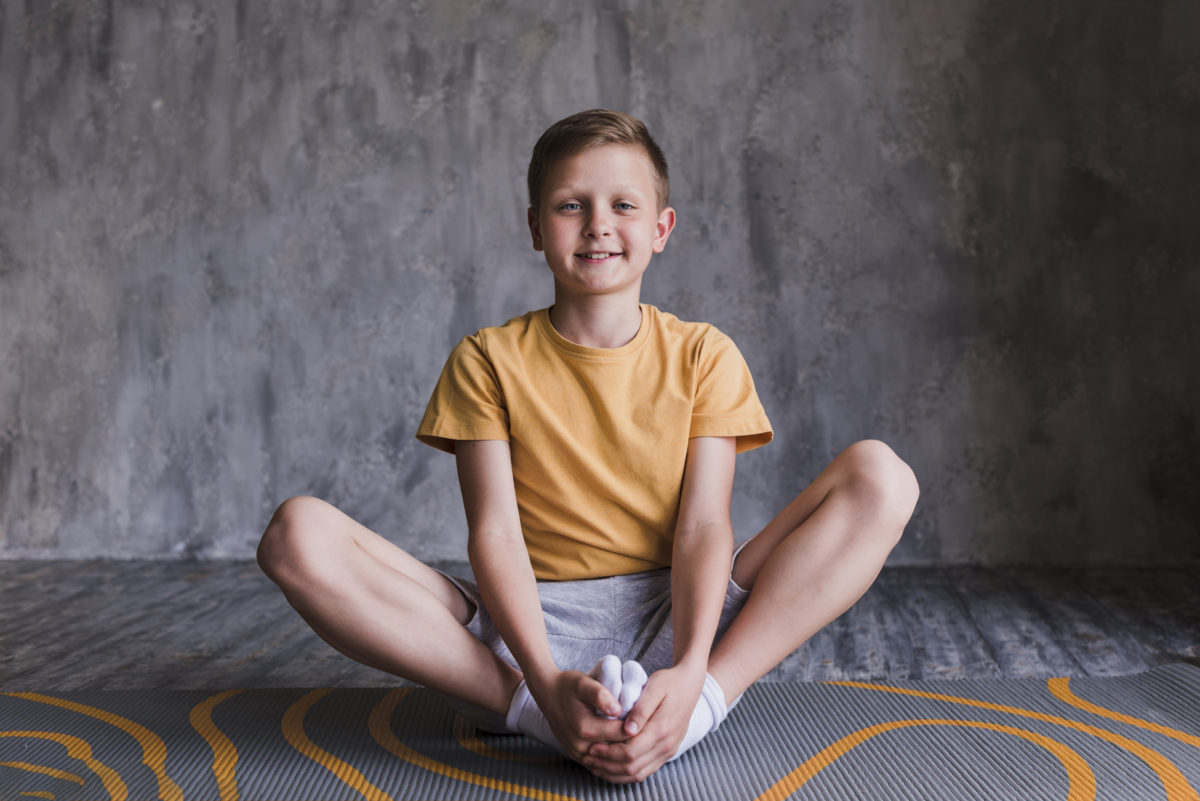All children act out. It’s frustrating, it’s exhausting, but it’s also totally normal. Some of us may be conjuring memories of a perfect little child we met and saying to ourselves, “well, surely little Suzy from next door never acts out – she’s so well behaved!”
You can be almost 100% positive that Suzy has written all over the wall with crayons, or hit her little brother, or swiped something that she wasn’t supposed to take. Again, acting out is normal.
But just because it’s normal doesn’t mean that it’s not hard to deal with, and it doesn’t mean that there are not ways to curb it to some degree. Here are a few tips to help you manage those high-stress moments when your kiddo acts out.
Take a moment to get yourself together.
When your kiddo is acting out, it’s natural to want to spring into action and immediately put a stop to it. However, giving into this impulse will likely lead to a rash or harsh corrective action that may only exacerbate things depending on what’s going on with your kiddo below the surface (more on this later).
Instead, take a few moments to get yourself together before you intervene. Take a nice deep breath in through your nose, hold it for a couple of seconds, and slowly let it out of your mouth (like you’re trying to fog up a mirror). Do this a couple more times if necessary until you feel like you have control of your emotions.
Full disclosure, when your kiddo is acting out, taking this step is going to be difficult – those breaths are going to feel like they’re taking minutes to complete, but in reality, it’s just a few seconds to help get yourself in a good space to approach the problem.
Approach the behavior with curiosity.
It turns out that age-old response to an unruly kiddo of, “What on earth do you think you’re doing?!” isn’t actually all that far off! Now, at the moment, you will know what your child is doing – it’s pretty easy to identify a plate full of food that has just been thrown on the floor – the question becomes, why are they doing it?
The initial response to a question of “why” will likely be pretty surface-level – “I didn’t want that food, and I didn’t like that you told me I couldn’t have something else.” With that being said, more than likely this same interaction has happened before (perhaps several times), and it didn’t end up with a plate on the floor.
So what’s going on right now? The likely reason is that your kiddo knows something isn’t right – they don’t feel good – but they don’t know how to express it. They may not even be able to articulate what kind of feeling they’re having (sadness, anger, anxiety, etc.). So once you’ve calmly told them that the behavior isn’t acceptable, help them to understand why they threw the plate on the ground this time. Validate and explore – “I can see you’re upset, help me understand why so that I can help.”





